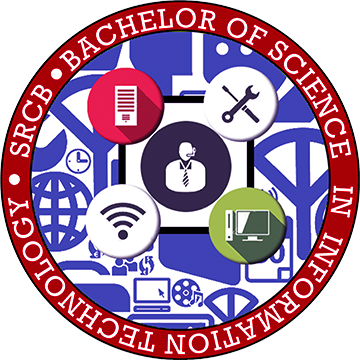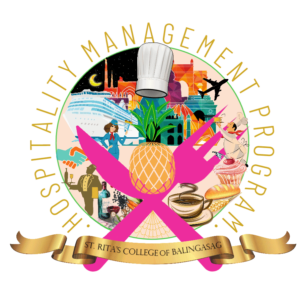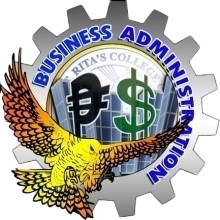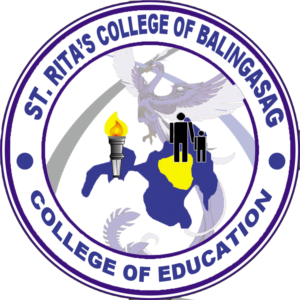The Information Technology program prepares students for careers as professionals equipped with the necessary theoretical and practical training both in the classroom and laboratory, as well as field experiences gained from the industrial sector. Specifically, the program aims to produce information technology professionals.
Goal:
1. Communicate effectively with the computing community and with society at large about complex computing activities through logical writing, presentations and clear instructions;
2. Creates a comprehensive analysis of the effects on computing information technology to individuals, organizations, community, and society;
3. Demonstrates an understanding of the legal and ethical issues on the access and use of information technologies;
4. Maximizes one’s potential through purposeful training and practice for continuing professional development.
Objectives:
At the end of the program, students are expected to be:
1. Technically competent, responsible, creative and analytical thinkers, actively participating and contributing towards the advancement of science in general, and information technology in particular;
2. Able to supply the concepts and principles of natural physical sciences appropriate for information technology actual situations in the government, utility services, commercial and industrial sector;
3. Up-to-date with the latest advancement and trends in the information technology, and able to adapt these to the work environment;
4. Able to perform social, moral, and spiritual obligations aimed towards the improvement of the life of their fellowmen.
Outcomes:
1. Use appropriately one’s knowledge in computing, science, and mathematics in the IT field;
2. Explain best practices with correct standards in project design, development, and deployment;
3. Examine complex problems and identifying the correct computing requirements to create an appropriate solution;
4. Assess user requirements for the selection, creation, evaluation, and administration of computer-based systems;
5. Design, implement and evaluate computer-based systems, processes, components or programs to meet desired needs and requirements under various constraints;
6. Responsibly integrate effective IT-based solutions to user environments;
7. Perform newly acquired techniques, skills, tools and practices necessary for the IT profession;
8. Function effectively as a member or leader of a development team recognizing the different roles within a team to accomplish a common goal;
9. Assist in the creation of an effective IT project plan;
10. Communicate effectively with the computing community and with society at large about complex computing activities through logical writing, presentations and clear instructions;
11. Create a comprehensive analysis of the effects on computing information technology to individuals, organizations, community, and society;
12. Demonstrate understanding of the legal and ethical issues on the access and use of information technologies;
13. Maximize one’s potential through purposeful training and practice for continuing professional development.





